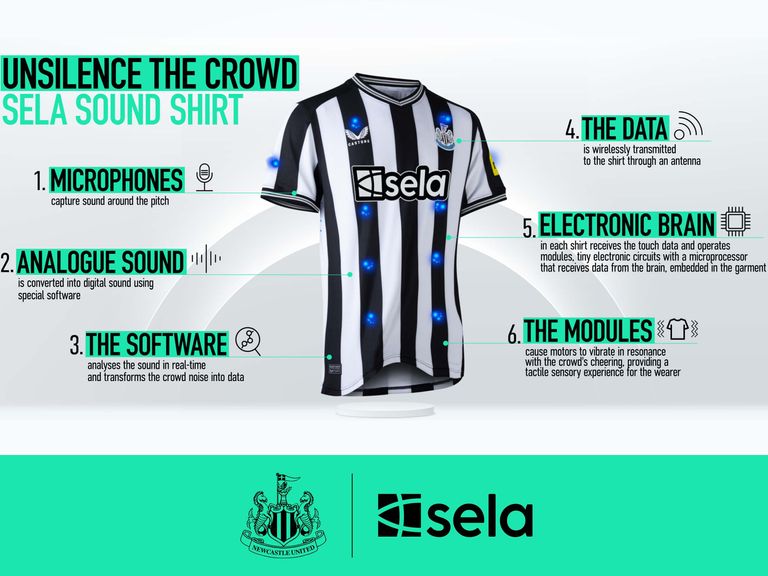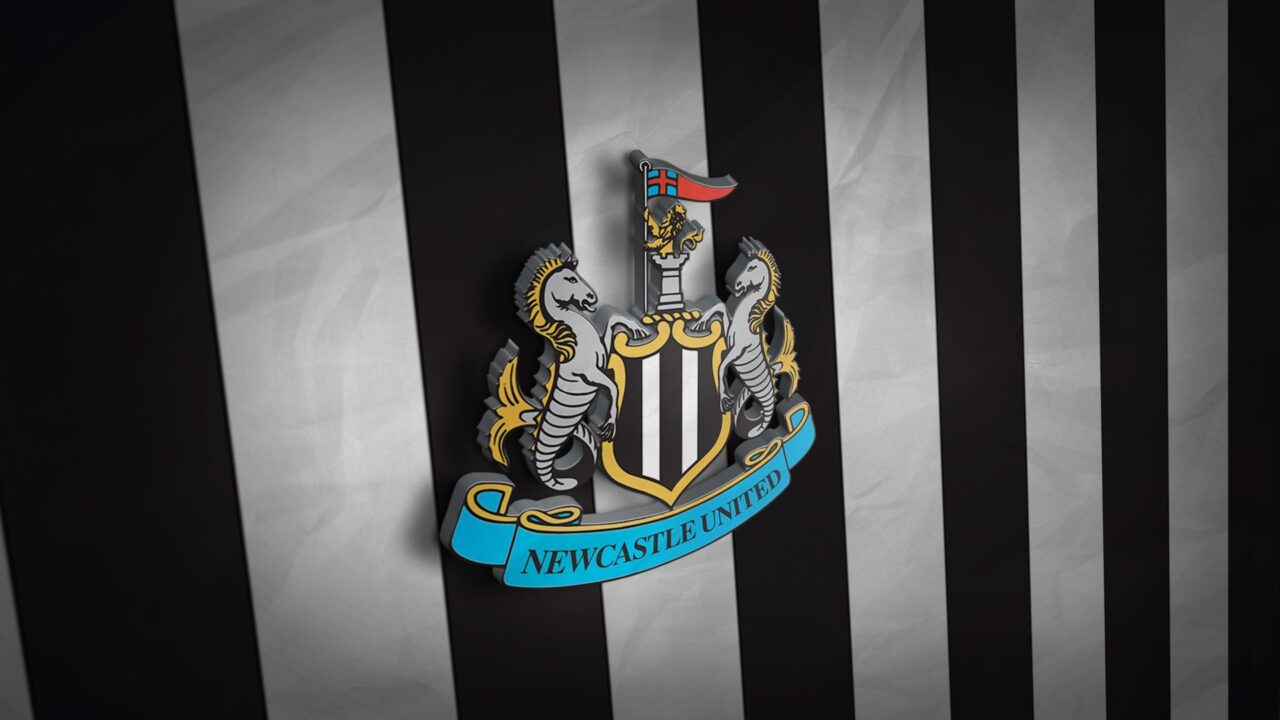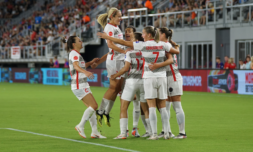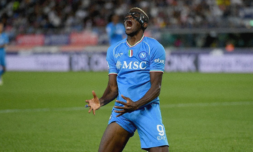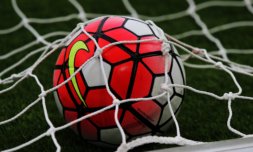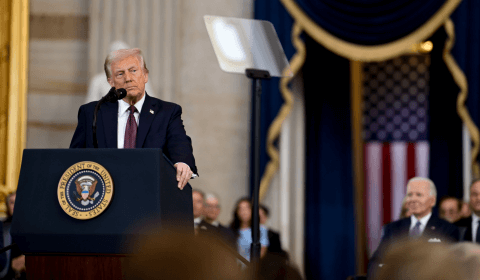Sela, Newcastle’s kit sponsor, worked alongside the Royal National Institute for Deaf People (RNID) with the shared aim of creating a shirt that makes match day more accessible to those living with hearing loss.
Newcastle’s new, tech-fitted shirt wirelessly picks up audio coming from microphones placed around St James’ Park. Its software swiftly interprets what kind of noise is occurring in the stadium, resulting in subtle vibrations the wearer can feel on their body.
These vibrations are made possible by the same gizmos in our smartphones – known as haptic technology – that generate the buzz we feel when typing or tapping on the screen.
Not all haptics are the same, indicating a number of different reactions from the crowd. If the shirt’s sleeves vibrate, it means the home team is singing inside the stadium. A buzz on the back means the opposing team has scored – not one you’d want to feel as a home fan.
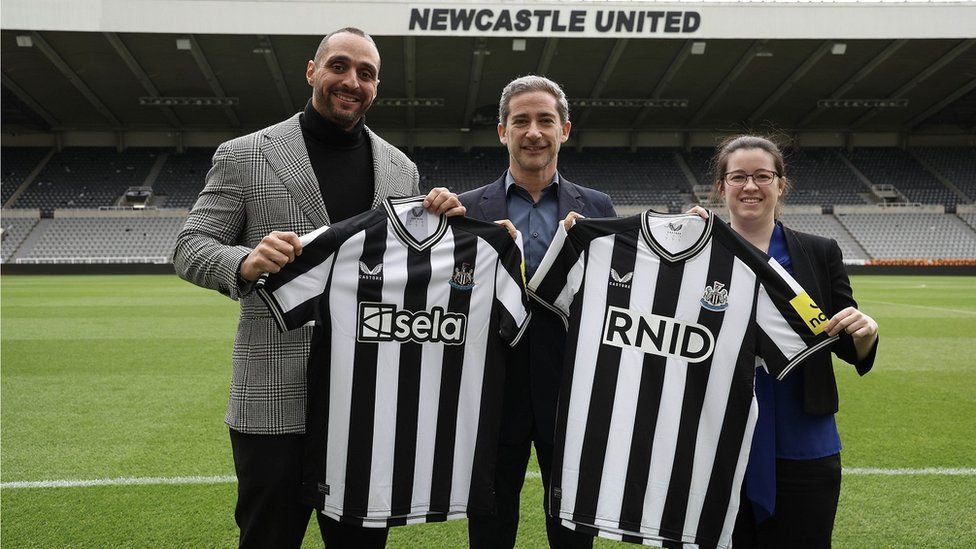
The new shirts are part of the club’s Unsilence the Crowd campaign, which has been launched to transform match days into a more inclusive space for deaf fans.
The campaign was backed up by research by the RNID, which found that three-quarters of people living with hearing loss felt that haptic technology could help them feel more involved in the game.
Two lifelong Newcastle fans, David Wilson and Ryan Gregson, trialled the shirts at an away match at Tottenham Hotspur’s stadium in April. Newcastle won 4-0, making for an especially exciting day out.
‘For the first time, I felt included 100 percent,’ Gregson said, using sign language. ‘Experiencing the noise through vibration was wonderful.’
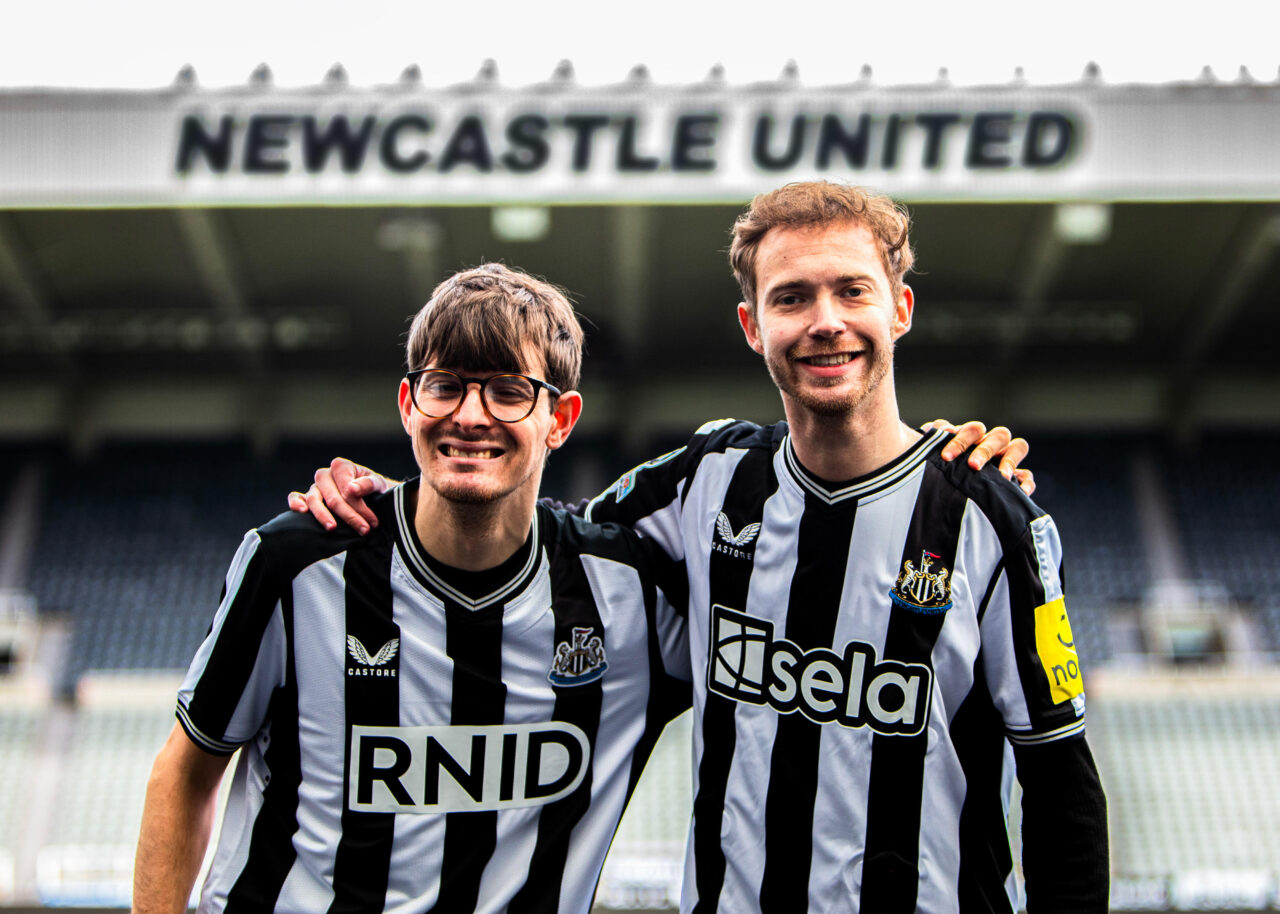
Newcastle will now offer this new shirt technology at all its home games, with the hopes more Premier League clubs will adopt it in the near future.
‘We would welcome the whole football family to join us by adopting the technology. By acting now, we can collectively make watching live football matches an incredible experience for everyone who loves the game,’ said Sela VP Ibrahim Mohtaseb.
It’s great to see a club in England getting creative with technology to make match days more inclusive for all.
With so much money being pumped into the sport, we should hear more of this kind of action from other clubs in the near future.
